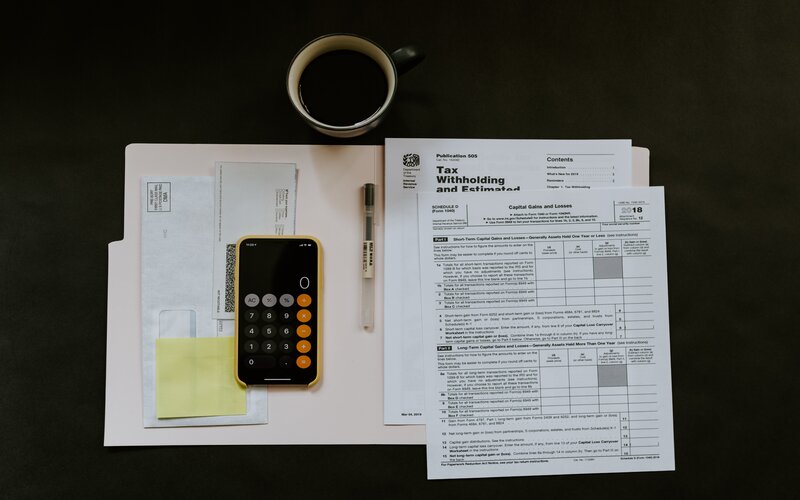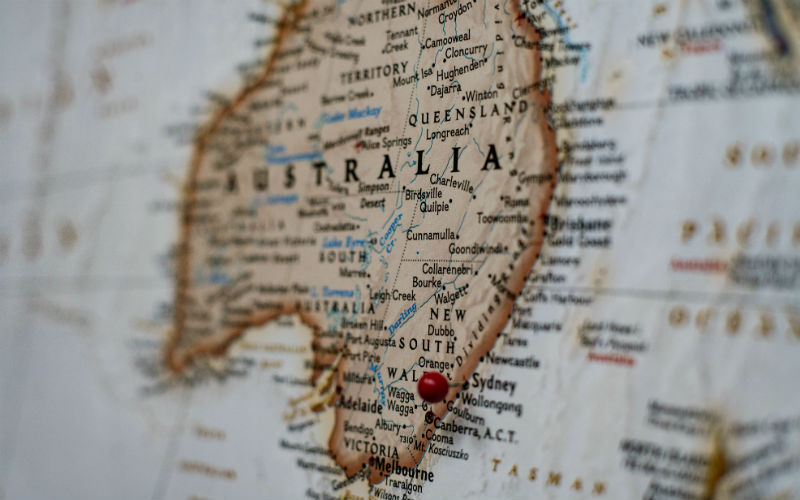Whether you're a small business owner or it's your first time paying tax, there's several things to keep in mind this end-of-financial year.
Some key rules for pay-as-you-earn salary earners have also changed, particularly around working-from-home expenses.
Tax tips for individuals
1. Claim everything you're entitled to...
You probably know the basic principle: if you spend money as part of your job, or in the process of generating income, you can claim this expense as a tax deduction. This could range from your train fare to and from the office, or purchases like desk chairs for your work from home set up. Expenses under $300 can be claimed as an immediate deduction, while anything more expensive is claimed over time through depreciation.
For work from home expenses (electricity, internet, phone plans etc.), there are two options. Firstly, you can claim using the actual cost method, which involves working out exactly how much of each expense went towards working from home.
Second is the fixed cost option, which means for every hour worked from home, you can make a flat claim of 67 cents. This was reduced from 80c per hour - a temporary Covid working from home response.
In his appearance on the Savings Tip Jar podcast, Mark Chapman, Director of Tax Communications at H&R Block, said the actual cost method is prohibitively complicated for many tax payers.
"I work from home full time these days, and I'll be claiming the 67 cent rate. I can't be bothered doing the work. That's that's just how complicated it actually is," Mr Chapman said.
"When I moved across from the from the UK ... we didn't traditionally have to do tax returns within the UK unless you earned a large amount of money.
"Moving across to Australia and having to do one every year was quite a shock."
However Mr Chapman said the actual cost method is likely to yield a bigger refund if you want to do the work.
"The substantiation requirements with the actual cost method are very cumbersome. You've got to keep a record not just of individual expenses, but also of the split between work use and private use," he said.
"Frankly, not that many tax payers do claim using the [actual cost] method, even though that does tend to produce the biggest deduction."
2...But be careful not to get caught out
Mr Chapman also told the podcast he expects the ATO to particularly focus on work related expenses this year, cracking down on excessive claims.
"The ATO thinks that there are lots of people claiming lots of deductions that they're not entitled to, or they potentially are entitled to but they're claiming them incorrectly," he said.
He emphasised the importance of not embellishing deductions, and backing up all your claims with evidence.
"Make sure you've got the records that support every deduction you're going to claim, the receipts, invoices, credit card and so on."
3. Consider super contributions with your spare cash
Mr Chapman said Australians who are ending the financial year with a bit more money than they expected could consider a voluntary super contribution, which they can claim back as a deduction.
"You can claim up to $27,500 in concessional contributions. Obviously that includes the amounts your employer has already made, but any surplus on top of that up to [the threshold], you can claim a tax deduction for," he said.
"The payment has got to be with the superannuation fund by June the 30th."
4. Offset capital gains with losses
Aussies who have tried their hand at the stock market, or other investments need to remember that any capital gains they have made need to be logged with the ATO as income.
Conversely, any investment losses can be claimed as a deduction, and Mr Chapman highlights the opportunity to offset gains with losses.
"If you've got some investments which are currently sitting at a capital loss, and you've already crystallized some capital gains earlier on in the year from selling a property or some shares, you could potentially look at liquidating these loss making assets and offsetting the loss against the gain," Mr Chapman said.
Tax tips for small business owners
1. Be on time
This year, the ATO is likely to be much less flexible with flimsy excuses for late tax returns. If you don't have an accountant, tax returns need to be lodged before 31 October; if you are lodging through a tax professional, the due date is 15 May 2024.
Penalties and fines can apply to late tax filings, which for SMEs could be a big potential problem. GST-registered businesses should also remember their Business Activity Statement (BAS) is due in August.
2. Check accounts receivable
Jo Elliot of Joco Accounting says some businesses are accidentally overstating their income, which can bump up the tax bill.
Accounts receivable can sometimes include unfulfilled orders or other income from customers that the business hasn't received yet, and might be unlikely to do so.
"If you have customers that aren't paying you and haven't for a long period of time, write it off before June 30th," Ms Elliot said.
3. Do a comprehensive stocktake
Ms Elliot also recommends small businesses conduct an in depth stock take to make sure all possible deductions are being claimed.
"If you have damaged or lost goods that aren't being accounted for, you should get it all deducted instead of having it held as an asset," Ms Elliot said.
Beware tax scams
In 2022/23, the ATO received on average 360 reports each month of scams impersonating the tax office, with an expected peak in the weeks before and after the 30 June end-of-financial year.
A typical tax scam is a phone or email claiming to be from the ATO, saying you owe a tax debt and need to pay it quickly or risk being arrested.
NAB's scam awareness team said it's important to remember if you have a tax debt, you'll know about it before it's due.
Other scammers will contact you saying you need to provide extra details or provide a processing fee to receive your tax return, which NAB scam awareness lead Tessa Bowles says is exploiting Aussies struggling with the cost of living crisis.
"Current cost of living pressures mean tax returns will be front of mind for many Australians hoping for a refund," Ms Bowles said.
Photo by Killy Sikkema on Unsplash



 Harrison Astbury
Harrison Astbury
 Denise Raward
Denise Raward

 Harry O'Sullivan
Harry O'Sullivan


